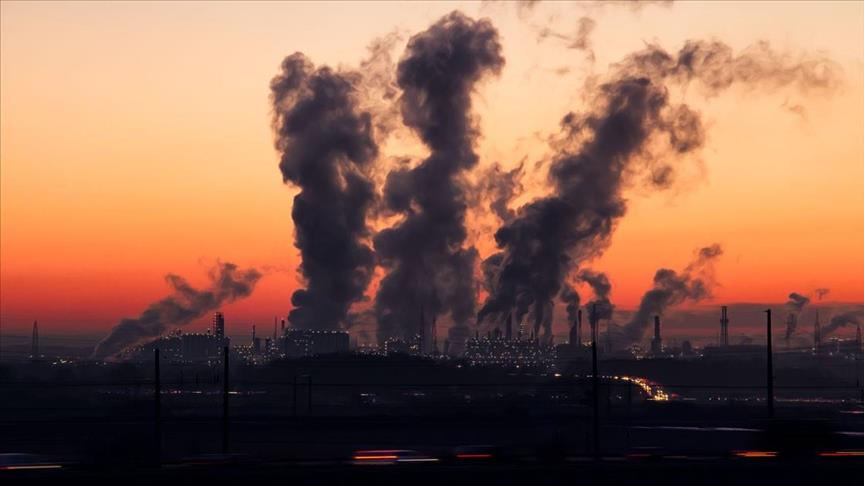European energy giant Royal Dutch Shell said it would appeal a Dutch court’s ruling that ordered the company to reduce its carbon emissions by net 45% by 2030 from 2019 levels.
The lawsuit against Shell filed by a group of environmental NGOs, including Greenpeace and Friends of the Earth Netherlands claimed that the policy-setting head of the Shell group had acted unlawfully and actions taken were not sufficient to reduce CO2 emissions.
Filed in April 2019, the lawsuit claims that Shell’s growing investments in the production of fossil fuels constitutes a threat to human rights.
'The court orders Royal Dutch Shell, by means of its corporate policy, to reduce its CO2 emissions by 45% by 2030 with respect to the level of 2019 for the Shell group and the suppliers and customers of the group,' the court ruling read on Wednesday.
In response to the court decision, the company said as urgent action is needed on climate change, it has accelerated efforts to become a net-zero emissions energy company by 2050, “in step with society, with short-term targets to track our progress.'
“We are investing billions of dollars in low-carbon energy, including electric vehicle charging, hydrogen, renewables and biofuels. We want to grow demand for these products and scale up our new energy businesses even more quickly,” Harry Brekelmans, projects and technology director of Royal Dutch Shell, was quoted as saying in the statement.
Vowing to continue to focus on these efforts, Shell said it would appeal the Dutch court’s “disappointing court decision.”
The company said it would work with its suppliers, customers and other partners in reducing their emissions and continue to engage in dialogue with NGOs, industry partners, governments, academia, shareholders and wider society.
-Shell says ‘structural change’ needed to achieve zero-carbon energy
In a statement on April 15, Shell announced its aim to incrementally reduce production from oil and gas reservoirs at a rate of around 5% per year across the oil and gas industry as part of its 2021 energy transition strategy.
The announcement reflects the company’s long-term goal to become a net-zero emissions energy business by 2050, in step with society’s progress towards the Paris Agreement goal of limiting the increase in the average global temperature to 1.5°C.
'More than 90% of our emissions come from the use of the fuels and other energy products we sell, so we must also work with our customers to reduce their emissions when that energy is used. That means offering them the low-carbon products and services they need such as renewable electricity, biofuels, hydrogen, carbon capture and storage and nature-based offsets,' Shell said.
In line with this purpose, the company plans to limit its investments in the upstream sector and expects a gradual decline of about 1-2% a year in oil production investments through to 2030, including divestments. Instead, the company plans to maintain its investments in its transition businesses.
To reach this aim, the company plans to reduce annual spending on exploration from around $2.2 billion in 2015 to around $1.5 billion between 2021 and 2025.
After benefitting from what the company described as 'attractive exploration opportunities' in the first half of this decade, it said it would halt entries into new frontier exploration positions after 2025.
It also expects to keep the share of gas in its hydrocarbon production at 55% by 2030.
Shell said decarbonizing the energy system requires a structural change in the end-use of energy, as well as changes to the supply of energy products. It requires energy users to improve, update or replace equipment so that they can use carbon-based energy more efficiently, or switch to low- and zero-carbon energy.
Among the six levers the company has set to decarbonize energy in the short, medium and long term are; pursuing operational efficiency in its assets, shifting to natural gas, growing a low-carbon power business, providing low-carbon fuels such as biofuels and hydrogen, developing carbon capture and storage, and using natural sinks.
The company also said the transition to low-carbon energy needs to be in line with the demand of end-users without moving 'too far ahead of society.'
By Sibel Morrow
Anadolu Agency
energy@aa.com.tr


